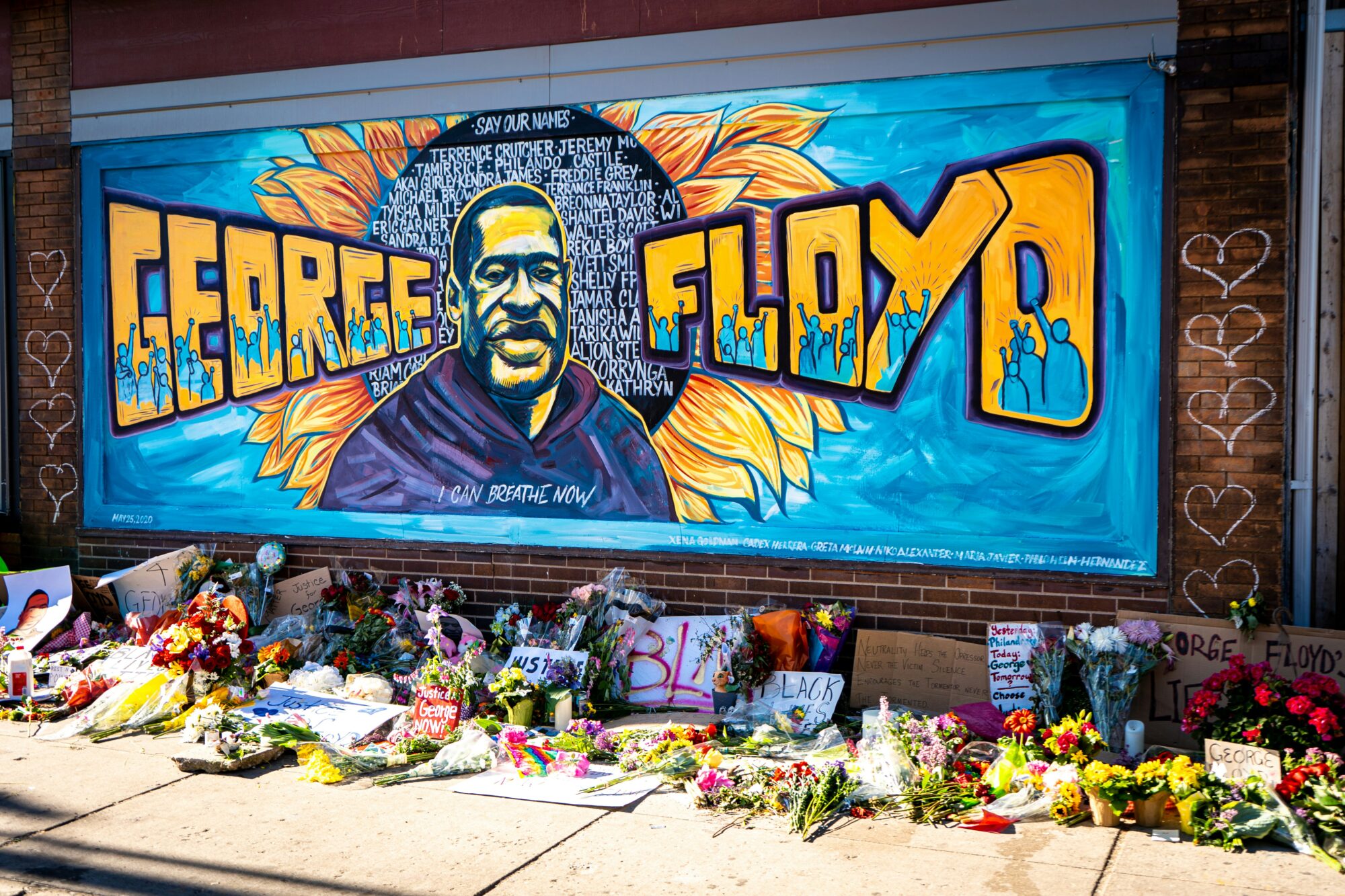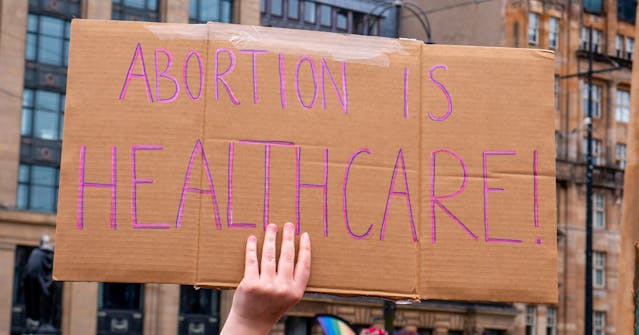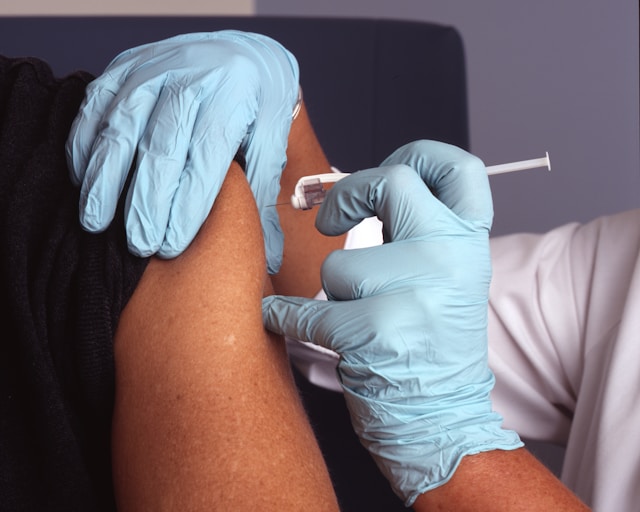
Relative to national averages, many people of color have poorer health from the cradle to the grave—beginning at birth, with higher rates of low birth weight and infant mortality; through childhood and adolescence, with higher rates of asthma and unhealthy weight; into adulthood, with higher rates of chronic disease and disability; and at the end of life, with higher rates of premature death and shortened lifespans.
Public health research shows that these health inequities are mostly attributable to factors beyond health care access and quality: As a result of residential segregation, people of color are more likely than whites to live in neighborhoods with a high concentration of health risks, and a relative paucity of health-enhancing resources. Highly-segregated communities of color are too often overrun with environmental health threats brought about by polluting industries, and vendors selling unhealthy products such as tobacco, alcohol, and high-fat, high-sugar, and/or high-sodium products. At the same time, many of these same communities lack access to affordable, nutritious food; safe spaces for exercise, recreation, and play; and high-quality schools that prepare children well for the high levels of education that are often protective of health.
Fortunately, an explosion of experimentation is occurring around the country designed to improve conditions for health, and particularly in highly-segregated communities that are too often politically and economically marginalized. Led by influential groups such as the Robert Wood Johnson Foundation, the W.K. Kellogg Foundation, and the Federal Reserve Bank, these organizations are forming partnerships among public health, community development financial institutions, grassroots organizations, and many others to address the non-medical determinants of health, such as the quality of a retail food environment and affordable housing. These partnerships are paying off, in that new alliances allow diverse sectors such as public health, business, and faith communities to work more intentionally and in a coordinated fashion toward revitalizing communities.
This promising trend is why we have created a new organization, the National Collaborative for Health Equity, with a mission to catalyze the kinds of partnerships necessary to advance health equity in communities around the country. Formerly the Health Policy Institute of the Joint Center for Political and Economic Studies, the National Collaborative manages many of the initiatives incubated at the Joint Center, such as Place Matters, which seeks to build the capacity of leaders and communities to identify and address the social, economic, and environmental conditions that shape health and health inequities. Since 2006, Place Matters teams have worked to build multi-sector coalitions, conduct research to show the inequitable distribution of health risks and resources across communities, and to advance policy solutions which aim to give every child in every community an equitable opportunity for good health.








